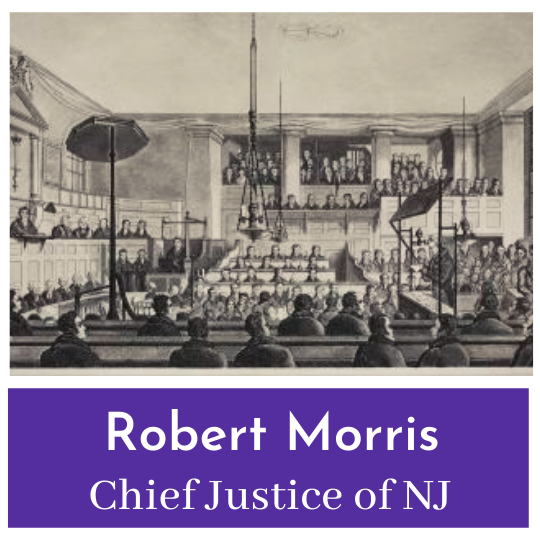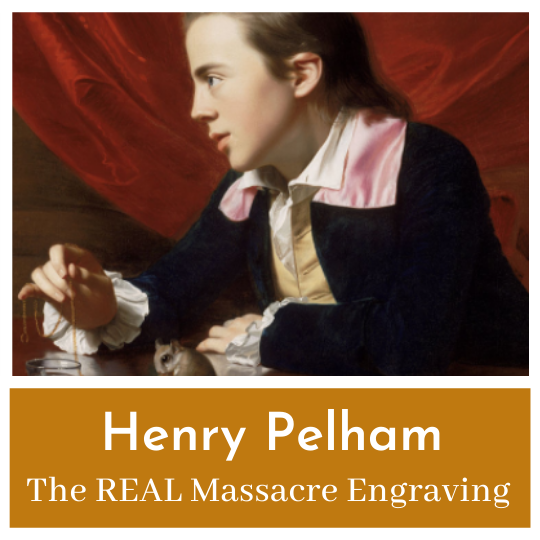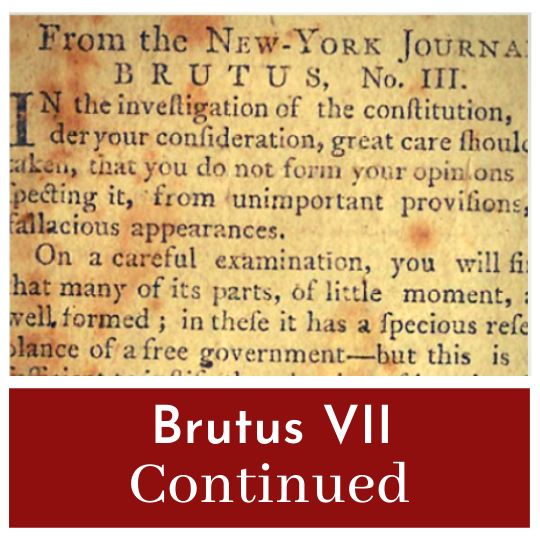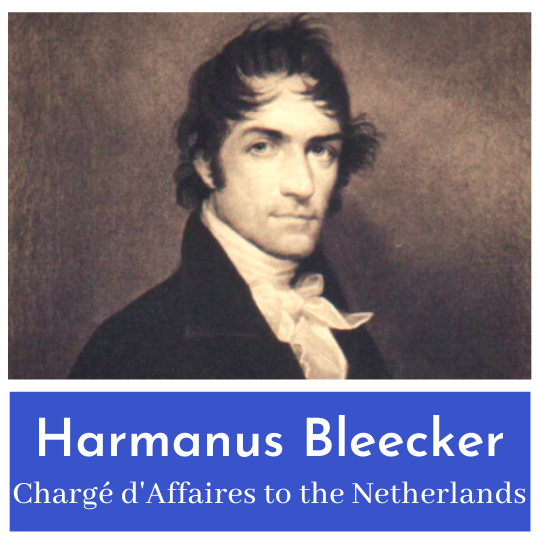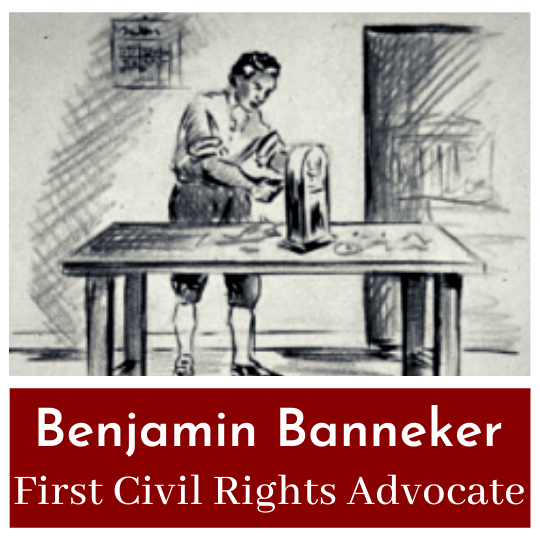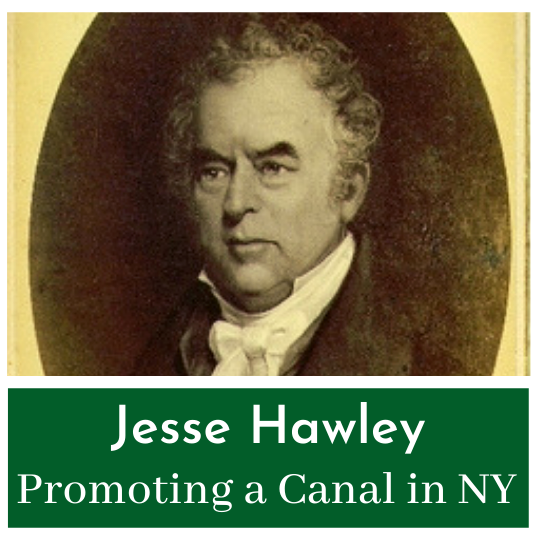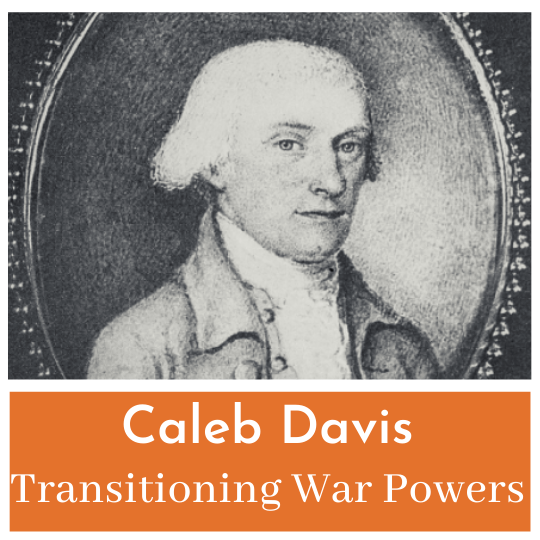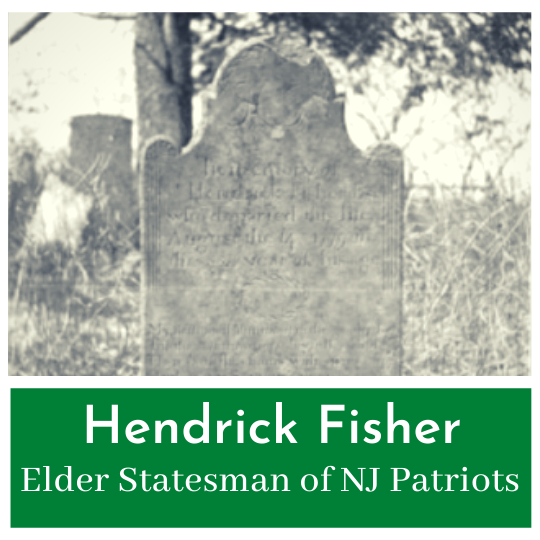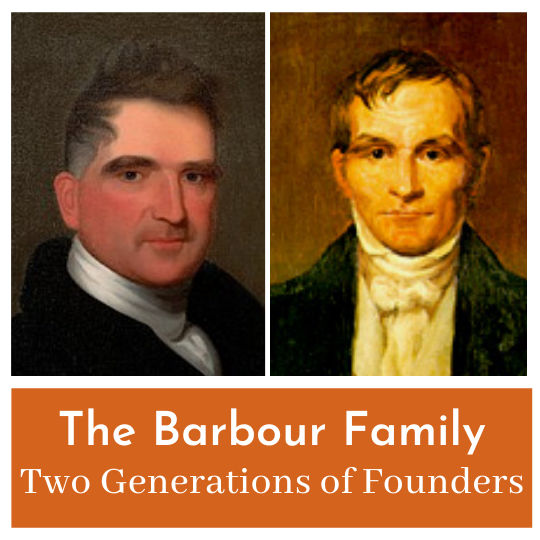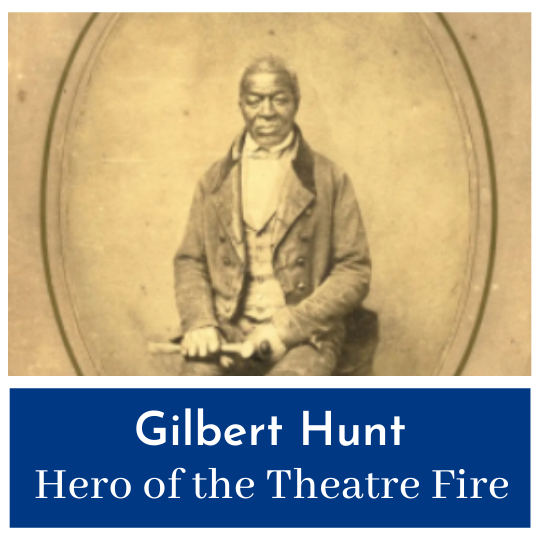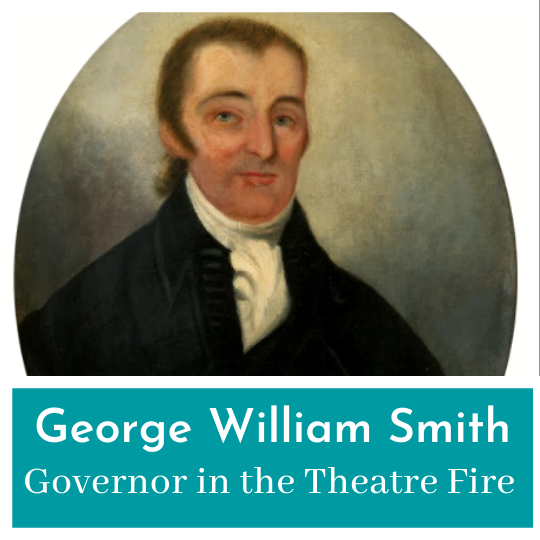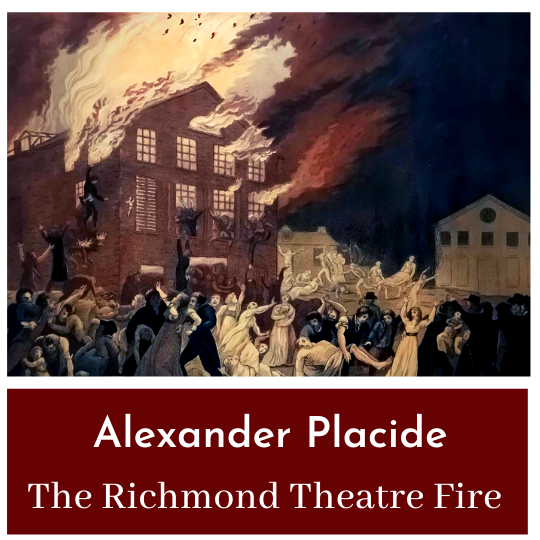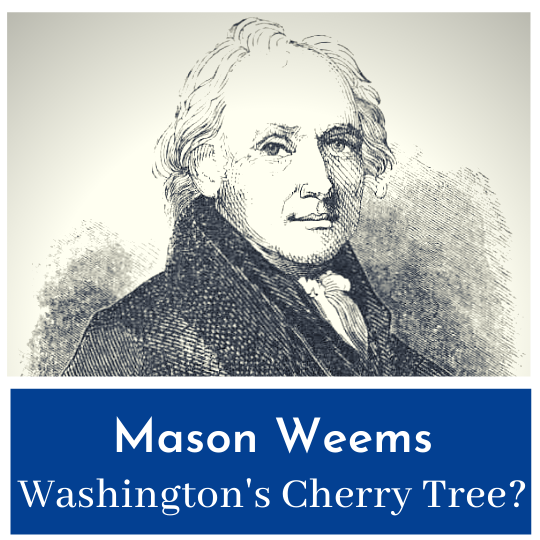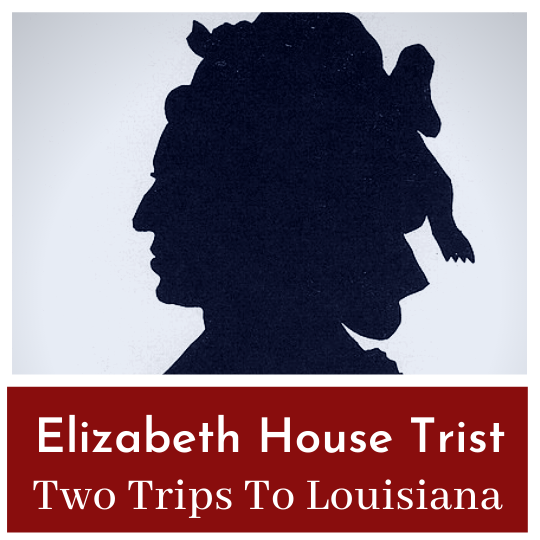Robert Morris of New Jersey was not quite as wealthy as the other Robert Morris, but certainly was important to the American Founding.
The Man Who REALLY Engraved The Boston Massacre - Henry Pelham
Henry Pelham was a Boston artist who ended up as a Loyalist, but not before playing a very interesting role in the American Founding.
Validating State Laws - Brutus XII (Continued)
In the second part of Brutus XII, he continues a discussion on the Judicial Branch and how it will eliminate the States altogether.
Looking Back at the Most Popular Founders of the Day - 3rd Anniversary Addition
It’s Founder of the Day’s 3rd Anniversary! To celebrate I decided to list my most read articles.
Why Harmanus Bleecker Has a Library Named in His Honor
Harmanus Bleecker was a leading citizen of Albany, New York during the Early Republic who became Chargé d'Affaires to the Netherlands.
Proving Intelligence Defies Race - Benjamin Banneker Confronts Jefferson
Benjamin Banneker was the first Black American to become famous as a scientist and used his platform to publicly discuss civil rights with the leaders of his day.
Jesse Hawley and the Erie Canal - Hercules Writes From Prison
Jesse Hawley was the earliest proponent of building a canal across New York.
The States vs Domestic Tranquility - Brutus XII
In Brutus XII the anonymous Anti-Federalist author (probably Robert Yates) elaborates on his concerns regarding the Supreme Court’s allotment in the US Constitution.
The Man Who Died To Give America The Metric System - Joseph Dombey
Joseph Dombey was a French botanist who was supposed to bring the metric system to the United States...but then the PIRATES showed up!
Caleb Davis Transitions a Rebellious Colony into a State
Caleb Davis was an early radical in Boston who played an important part in transitioning from British Colony to independent State.
John Parker Boyd's Career Gets Tarnished at Crysler's Farm
John Parker Boyd was an American who learned to be a military officer fighting in India before becoming a Brigadier General during the War of 1812.
The Oldest Founder in New Jersey - Hendrick Fisher
Hendrick Fisher was a Delegate to the Stamp Act Congress and the President of New Jersey’s Provincial Congress.
Governed by the Supreme Court - Brutus XI
In Brutus XI an Anti-Federalist author turns his attention to the Judicial System of the US Constitution.
From Sponsoring Madison to Leading The Nation - Virginia's Barbour Family
The Barbour Family of Virginia had several prominent members during the American Founding.
The Hero Blacksmith That Purchased His Freedom - Gilbert Hunt
Gilbert Hunt was a slave who saved a dozen lives at the Richmond Theatre Fire before going on to purchase his freedom and live a fascinating life.
The Governor Dies in the Theatre - The Death of George William Smith
George William Smith was Governor of Virginia when he was killed in the Richmond Theatre Fire.
The Richmond Theatre Fire - Alexander Placide's Benefit Goes Down in Flames
Alexander Placide was an actor in Early America whose benefit performance led to one of the most tragic events in the the history of Richmond, Virginia.
Not Just The Government, But The Army Itself - Brutus X
In Brutus X an anonymous author further elaborates on his criticism of a standing army in times of peace.
The Truth About Washington's Lies - Parson Weems and the Cherry Tree
Mason Locke Weems was a preacher and bookseller who first wrote about George Washington’s Cherry Tree.
Losing Men in New Orleans - The Journeys of Elizabeth House Trist
Elizabeth House Trist traveled to New Orleans twice, only to lose a husband and son there.
